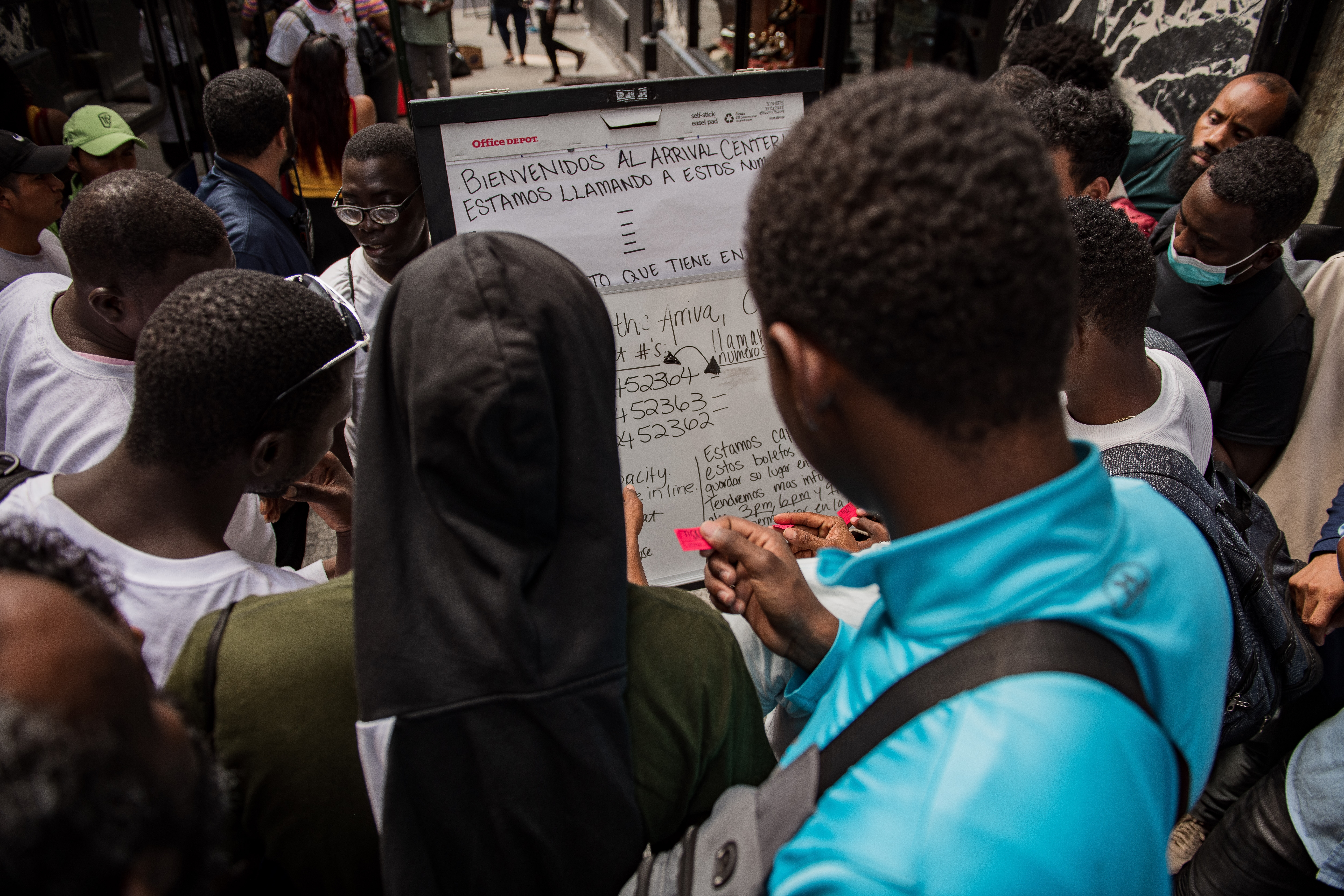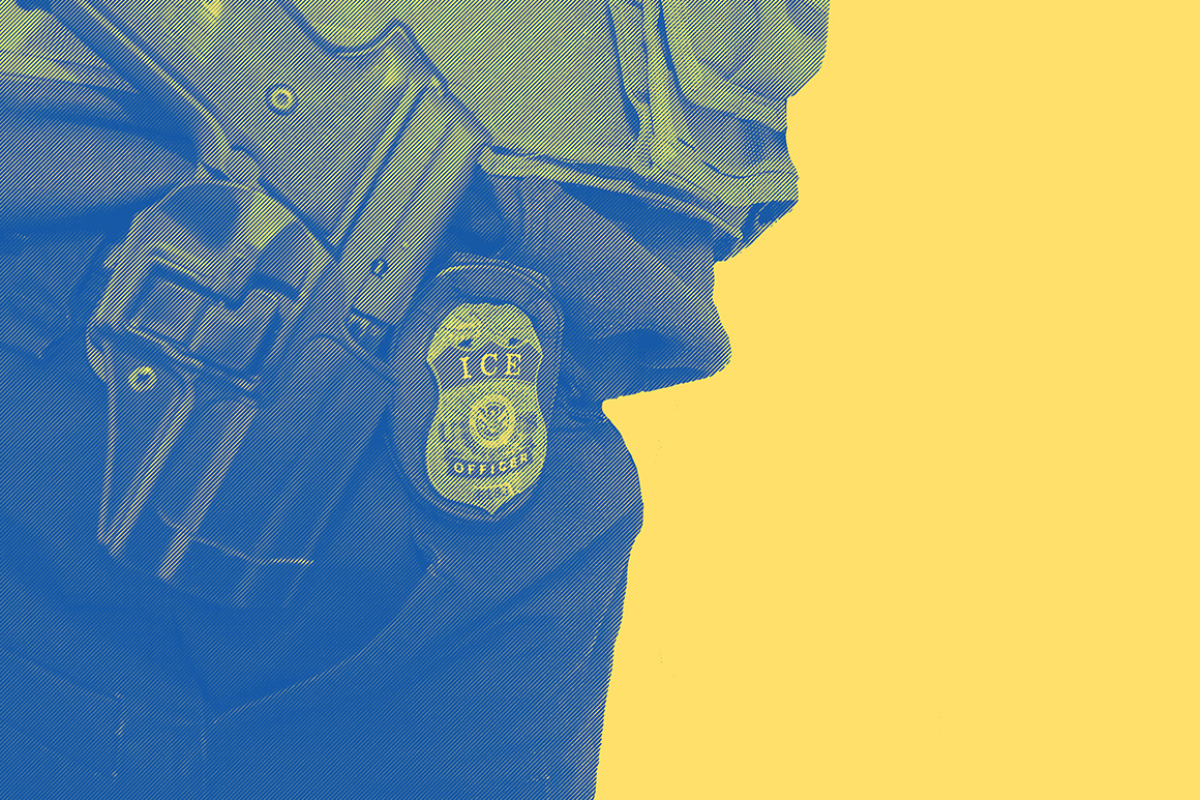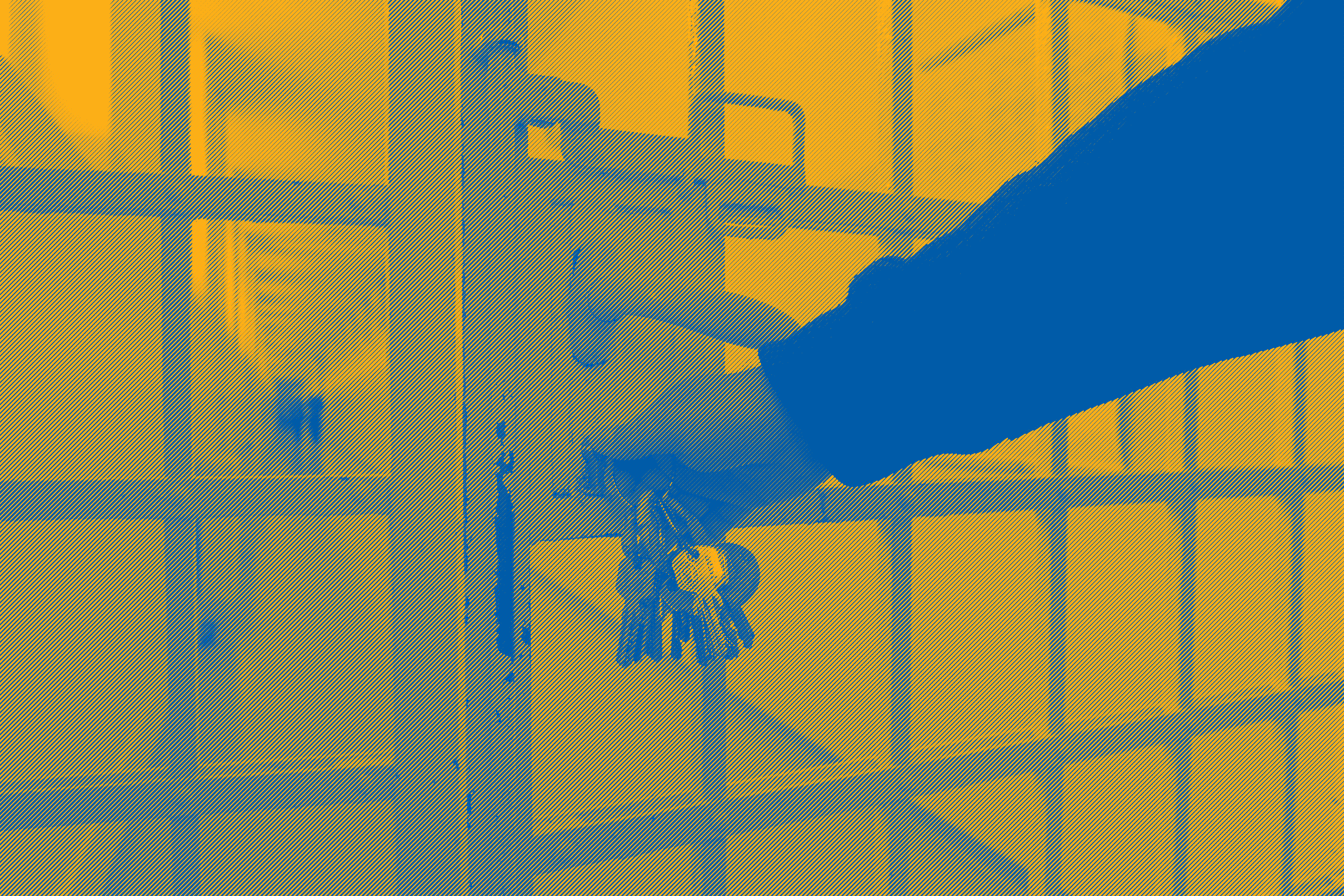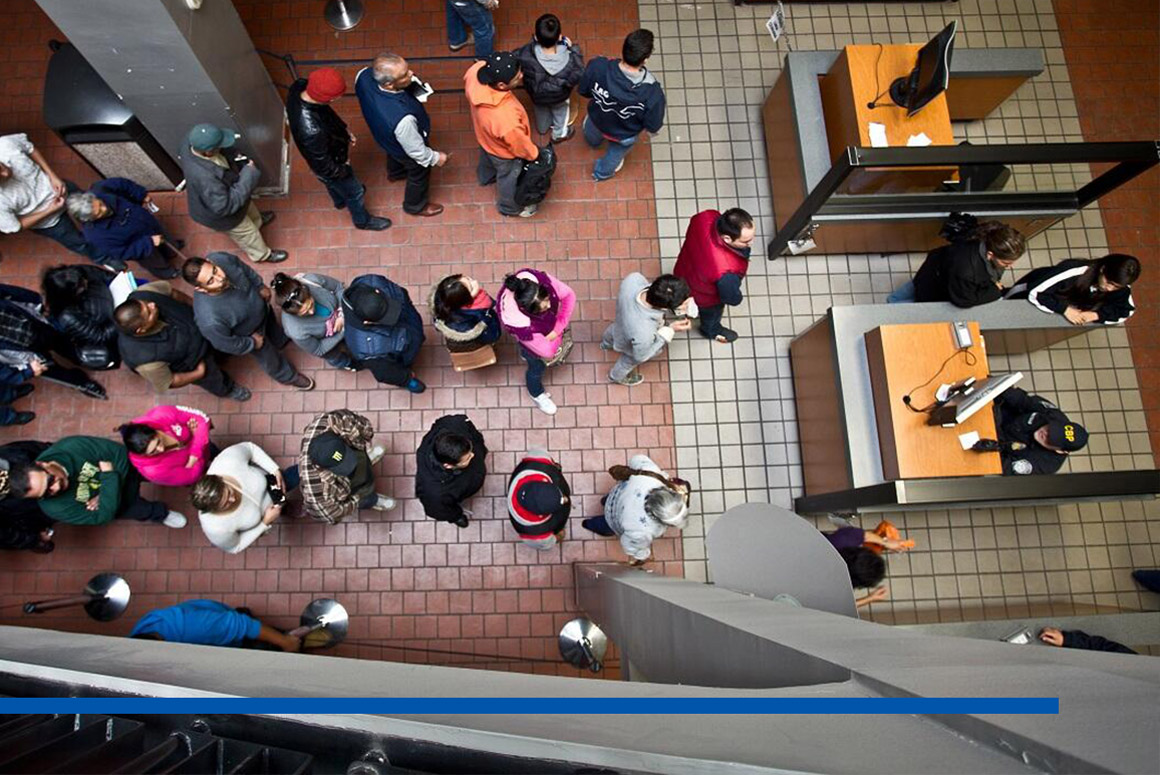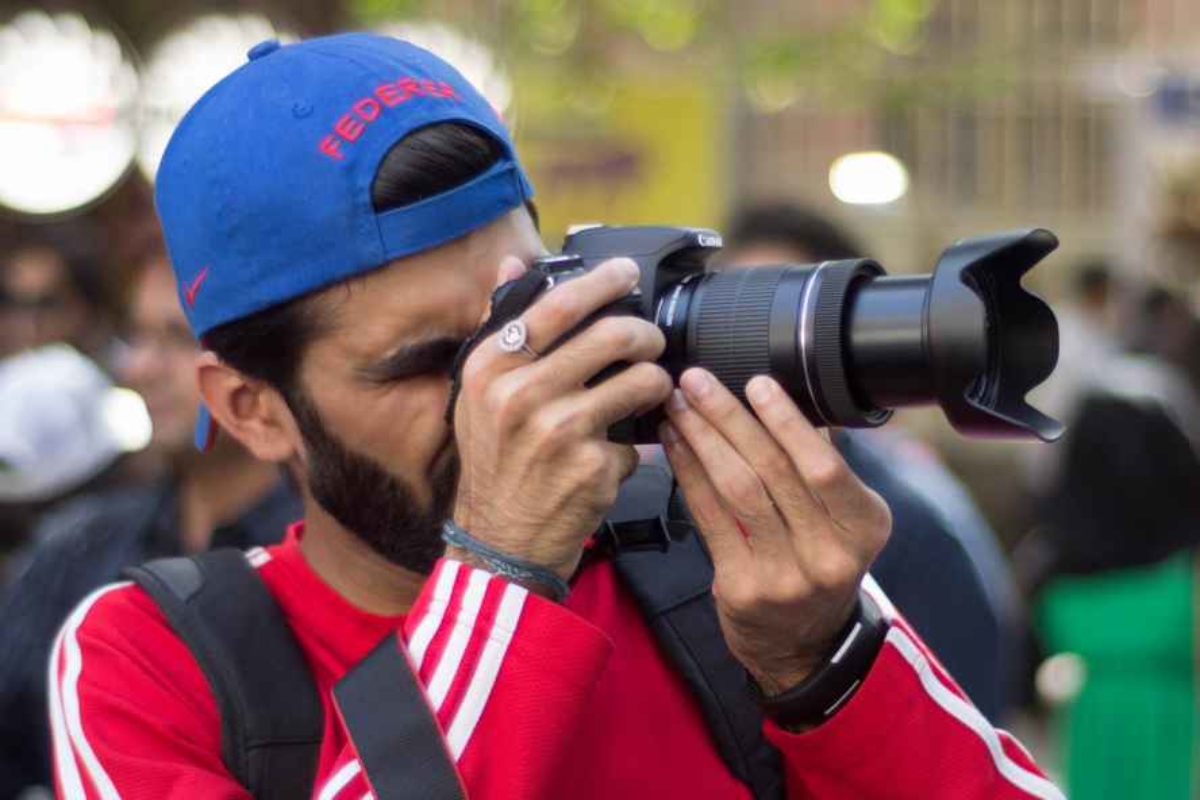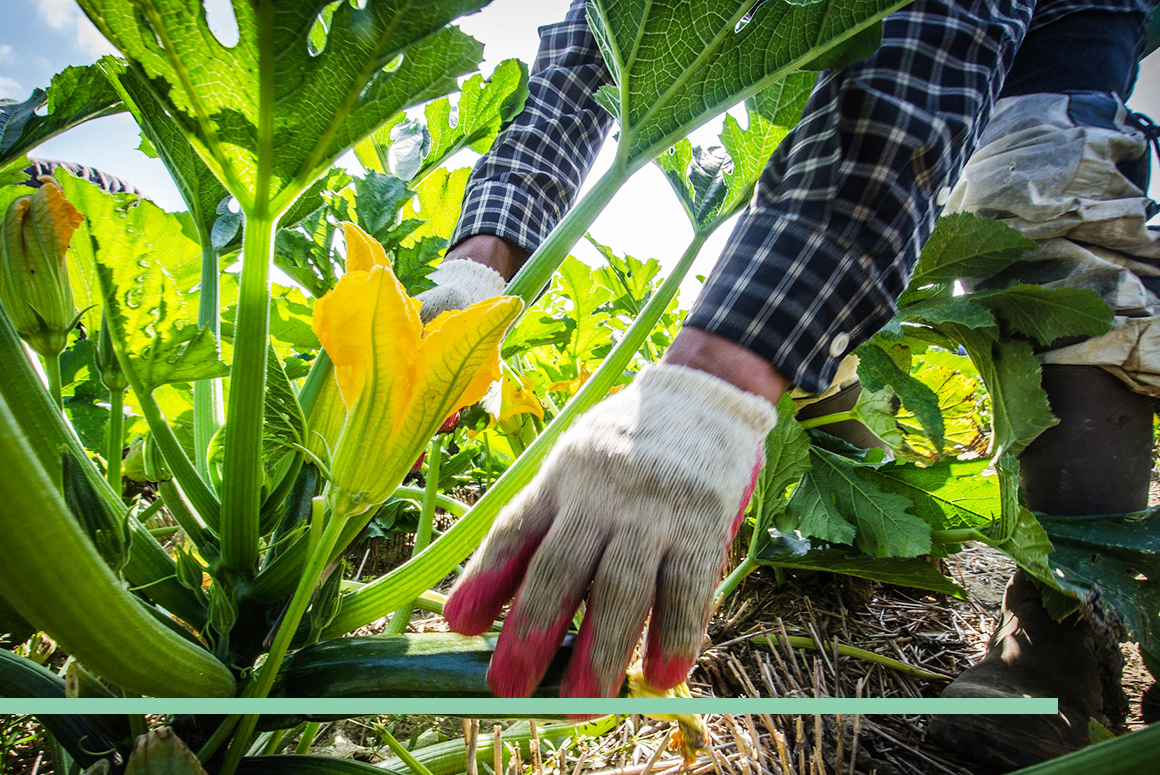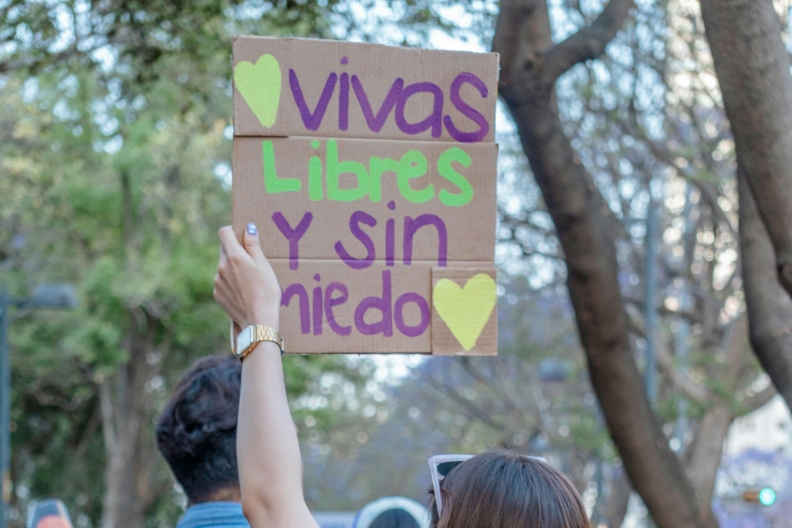 TAKE ACTION NOW
TAKE ACTION NOW
Immigrants' Rights
New York is home to one of the largest and most diverse immigrant populations in the country. The NYCLU fights to ensure immigrants can live openly, with opportunity and due process. We combat hate and unjust policies, and ensure immigrant communities know their rights.
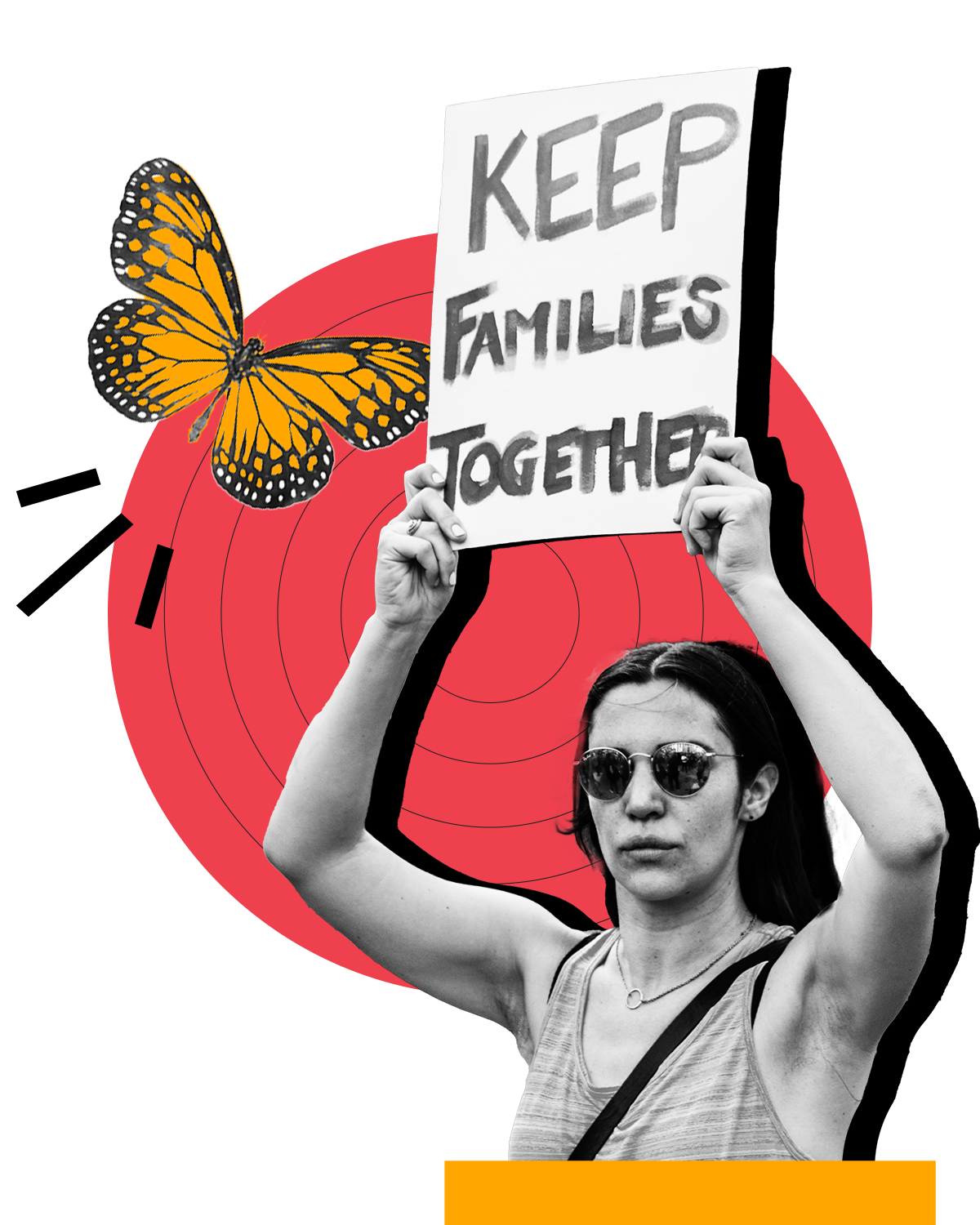
Our Approach
Campaigns
We’re challenging power in the courts, the state house, city hall, local offices, the streets, and more. Take action on some of today’s most important fights by exploring our major campaigns.
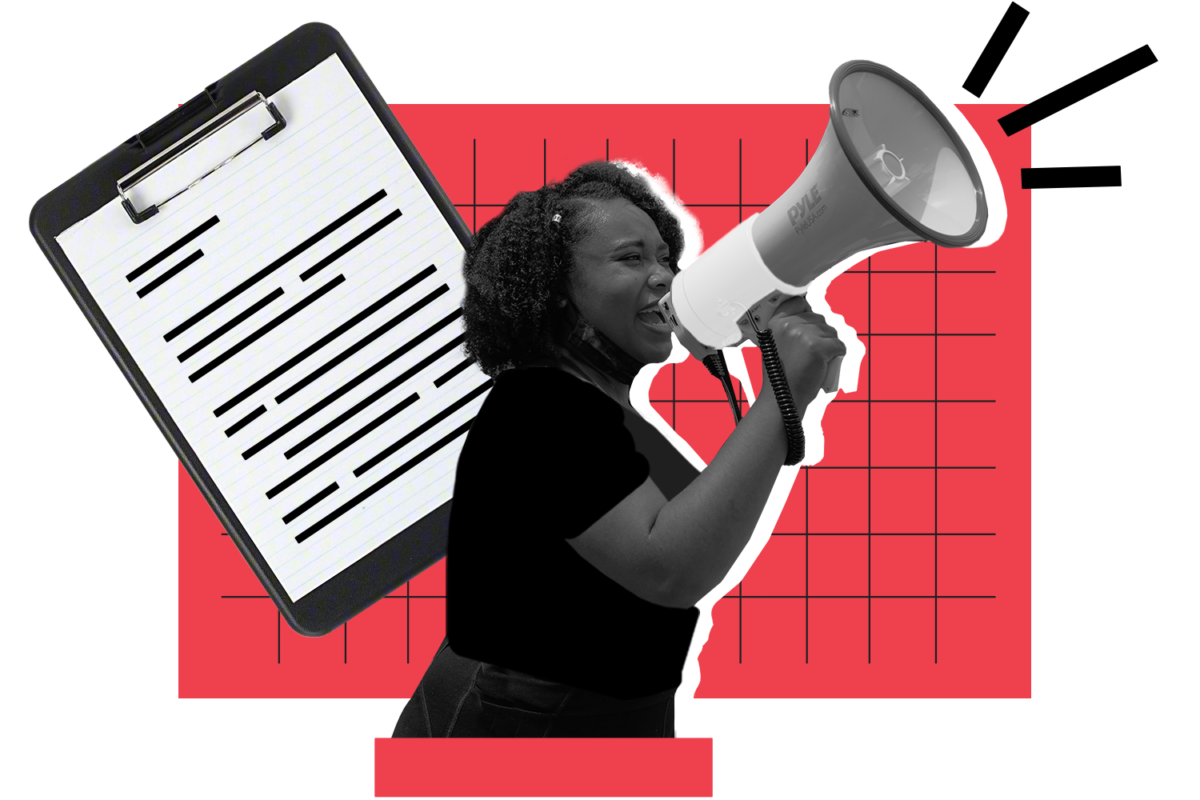
Our Approach
Know Your Rights
You have rights while protesting, attending school, accessing health care, voting, and more. Empower yourself by learning more about your rights, how to exercise them, and what to do when they are violated.
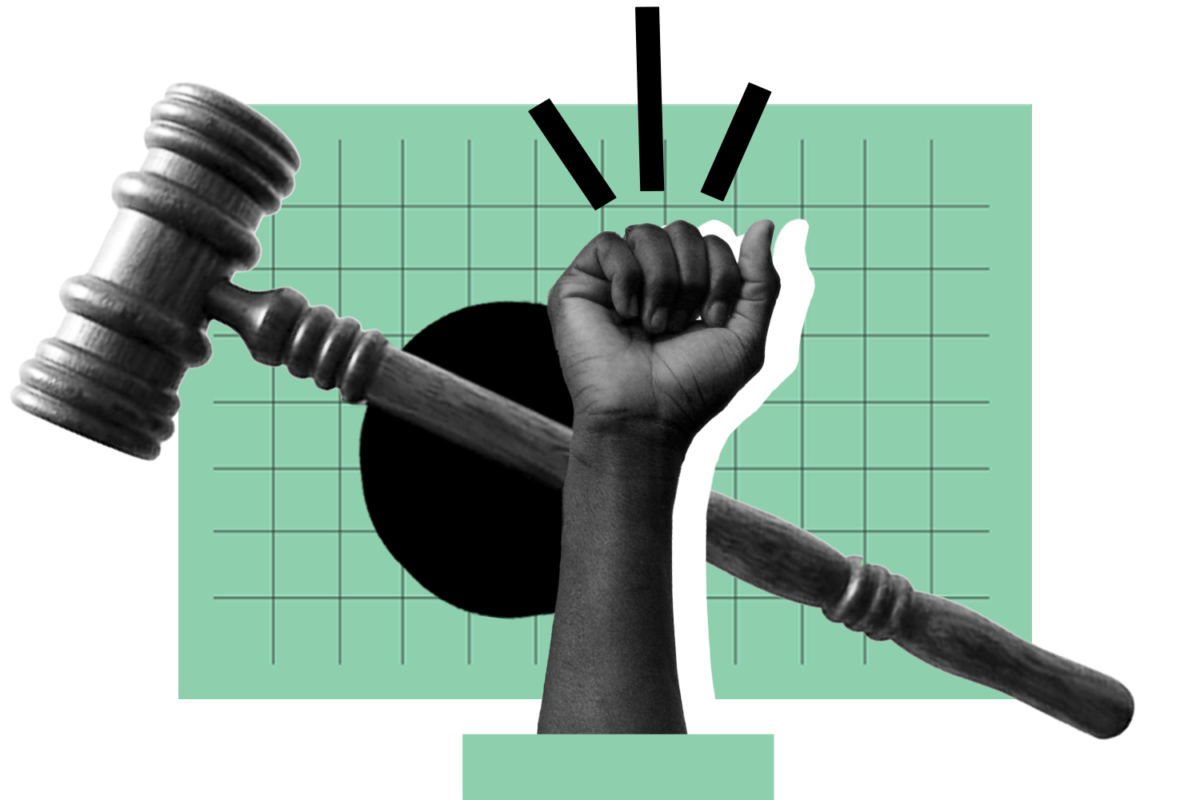
All Related Content
…
…
